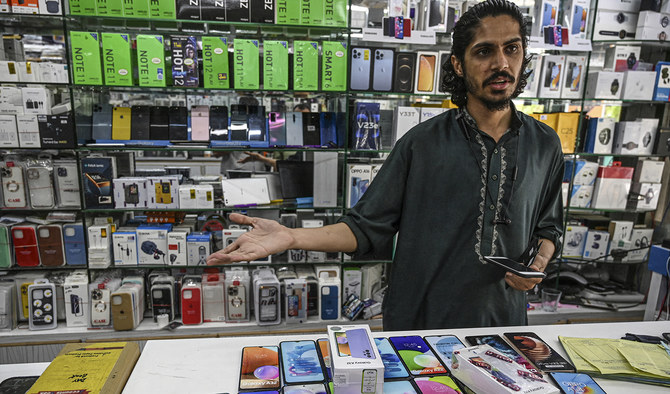Concerns have been expressed by the Pakistan Mobile Phone Manufacturers Association, or PMPMA, regarding the government’s planned new mobile phone tax in the next budget. The industry may encounter difficulties and inconveniences as the government contemplates levying an 18% sales tax on facilities that assemble mobile phones. Let’s examine the specifics and consider this decision’s aftermath.
PMPMA Calls for Commitment
The Federal Board of Revenue (FBR) has been encouraged by the PMPMA, a body that represents mobile phone manufacturers, to uphold the promises the government made to its investors. These pledges concern preserving the current mobile phone tariff arrangements. The association stresses that raising tariffs might have a significant impact on the business, influencing export goals as well as localization initiatives.

The federal government is planning a surprising move: taxing mobile phone assembly facilities on sales at a whopping 18 percent! This decision could significantly disrupt the entire industry.
The 2020 Mobile Device Manufacturing Policy currently exempts phones priced under $350 (roughly PKR 97,492) from the 18% sales tax. However, more expensive models fall under the full tax bracket. Interestingly, around 50% of cellphones used in Pakistan are locally manufactured, with most companies operating within the tax-exempt price range.
Impact Of The Phone Tax
- On Localization: Raising tariffs will interfere with the localization timeline and impede the industry’s efforts to become self-sufficient. The goal of the approach is to lessen dependency on imports and promote local assembly. Any detour from this course could impede the expansion of the industry.

Image Source: ArabNews - On Export Targets: In 2023 alone, Pakistan assembled more than 15 million mobile phones! The export goals could be disrupted by the sudden sales tax. Pakistan’s export earnings mostly stem from the sale of mobile phones, thus any setback can have economic repercussions.
- On The People: Consumer costs may go up as a result of higher taxes on cell phones. Since mobile phones are necessary for not only communication, but for businesses and education. Any increase in price could have an impact on accessibility and affordability.
To sum up; how the government decides to tax mobile phones will determine how the business develops in the future. Sustainable development requires balancing demand for money with the expansion of the sector and the well-being of the customer. In order to come up with a solution that works for everyone.
Stay tuned for more tech news like this; this is your favorite, friendly neighborhood reporter, Zayaan, Signing Off!








































